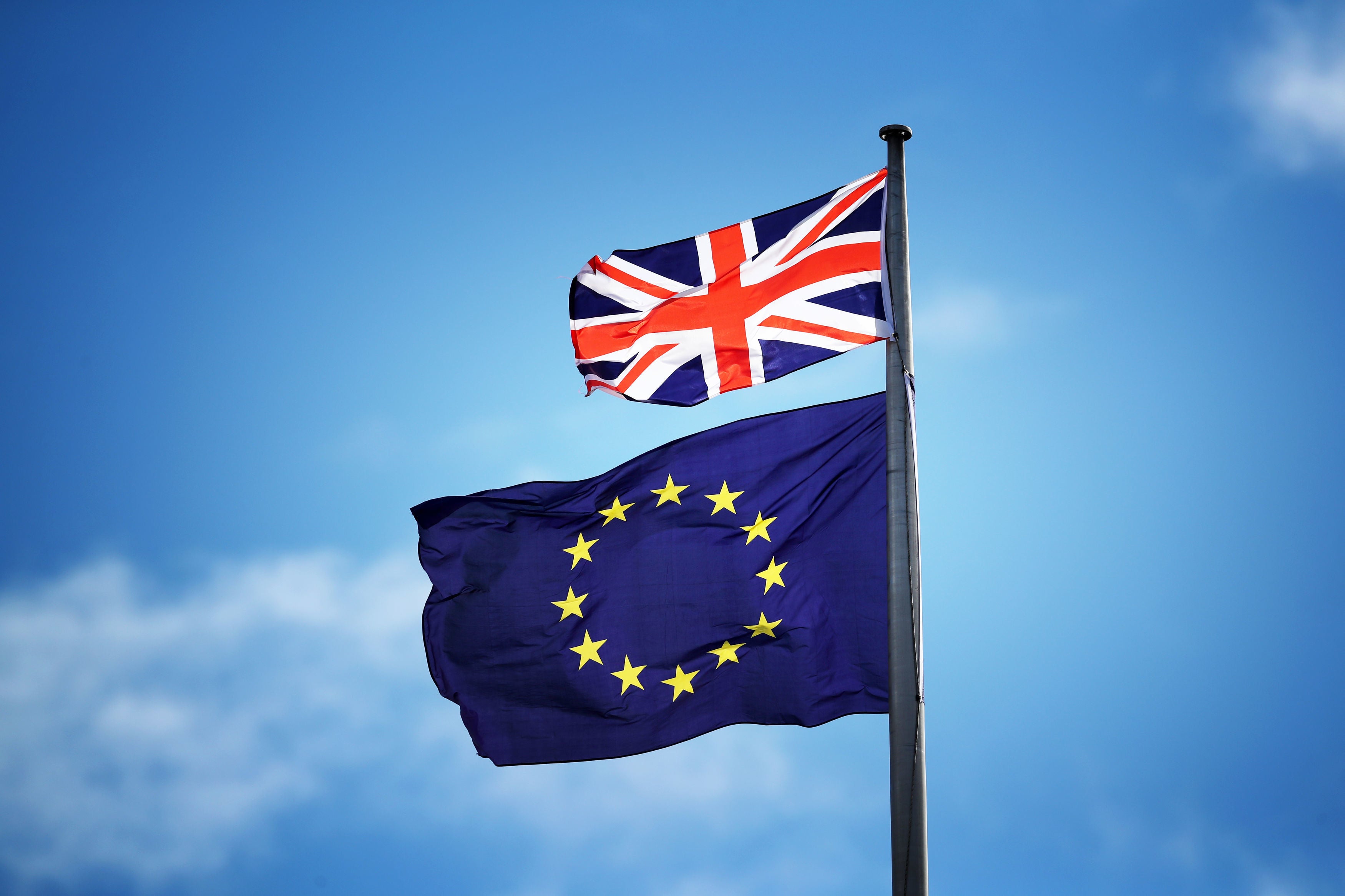Brexit has been reframed as a fragile flower that needs ‘protecting’
The notion of ‘saving’ Brexit seems to take priority over the issue of what might be best for the nation’s economy, writes Andrew Woodcock


An interesting feature of the past few weeks has been the emergence of a new image of Brexit as a poor delicate creature in danger of being snuffed out at any moment.
It started with the outraged response to Tobias Ellwood’s suggestion that maybe difficulties over trade with the EU might be eased by coming to a closer arrangement with the single market.
This prompted Boris Johnson’s former Brexiteer-in-chief David Frost to issue what he clearly thought was a devastating riposte that Brexit would not be “safe” with the likes of the Conservative defence committee chair.
A similar argument put forward in a private meeting by junior Labour frontbencher Anna McMorrin was greeted by headlines warning that Brexit was “in peril”.
And a slew of Leave-backing commentators have started producing hot takes on the thesis that Brexit may not survive if this or that deregulatory or tax-cutting opportunity is not pursued.
It has been most peculiar to see what was once a bold crusade to build a buccaneering and world-beating “global Britain” somehow morph into a campaign to protect a fragile flower from being trampled to death just as it is struggling to bloom.
And it is instructive that in many of the interventions, the notion of “saving” Brexit seems to take priority over the issue of what might be best for the nation’s economy and the prosperity of its people.
Of course, anyone pointing out the failure of Brexit so far to deliver any of the benefits promised in the 2016 referendum campaign will instantly be dismissed by a large chunk of the commentariat as a “Remoaner” trying to refight old battles.
But imagine an independent observer considering the state of Britain afresh, without any knowledge of the recent travails over EU membership.
Looking at the UK’s sluggish growth, the trade barriers at its borders and its labour shortages in key sectors, does anyone really believe that they would not conclude that it might be worth at least considering negotiating closer ties with the huge single market across the Channel?
That this can be ruled out on the pretext of “saving Brexit” suggests that Brexit is becoming a kind of totem, valued by its supporters for its own sake rather than because of any benefit it brings.
The defensiveness of its acolytes increasingly looks like a tacit admission that they have little to boast about from their project (I don’t remember freeports featuring highly in the Leave campaign).
Fresh generations of voters are now entering the electorate each year who do not view themselves as Brexiteers or Remainers but are all too aware of the impact of the UK’s economic performance on their wallets.
Unless the EU withdrawal project starts delivering some pretty concrete evidence of its advantages to these people, it cannot be long before “saving Brexit” starts looking like insufficient grounds for shutting down debate on the best way forward for the UK.
Yours,
Andrew Woodcock
Political editor
Join our commenting forum
Join thought-provoking conversations, follow other Independent readers and see their replies
Comments
Bookmark popover
Removed from bookmarks